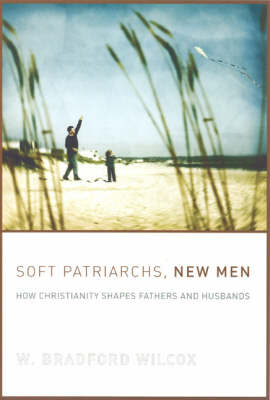Morality and Society Series (CHUP)
1 total work
In the wake of ever-changing family values, how have the stances of evangelical and mainline Protestant churches toward marriage and parenting influenced the husbands and fathers that fill their pews? To answer that question this work examines the ideologies produced by Protestant churches since the 1950s. According to W. Bradford Wilcox there are fundamental differences between the family ideologies offered by evangelical and mainline churches. But these do not translate into large differences in family behavior between evangelical and mainline Protestant men who are married with children. Mainline Protestant men, he contends, are "new men" who take a more egalitarian approach to the division of household labor than their conservative peers and a more involved approach to parenting than men with no religious affiliation. Evangelical Protestant men, meanwhile, are "soft patriarchs" - not as authoritarian as some would expect and given to being more emotional and dedicated to their wives and children than both their mainline and secular counterparts.
Thus, Wilcox contends that religion domesticates men in ways that make them more responsive to the aspirations and needs of their immediate families.
Thus, Wilcox contends that religion domesticates men in ways that make them more responsive to the aspirations and needs of their immediate families.
